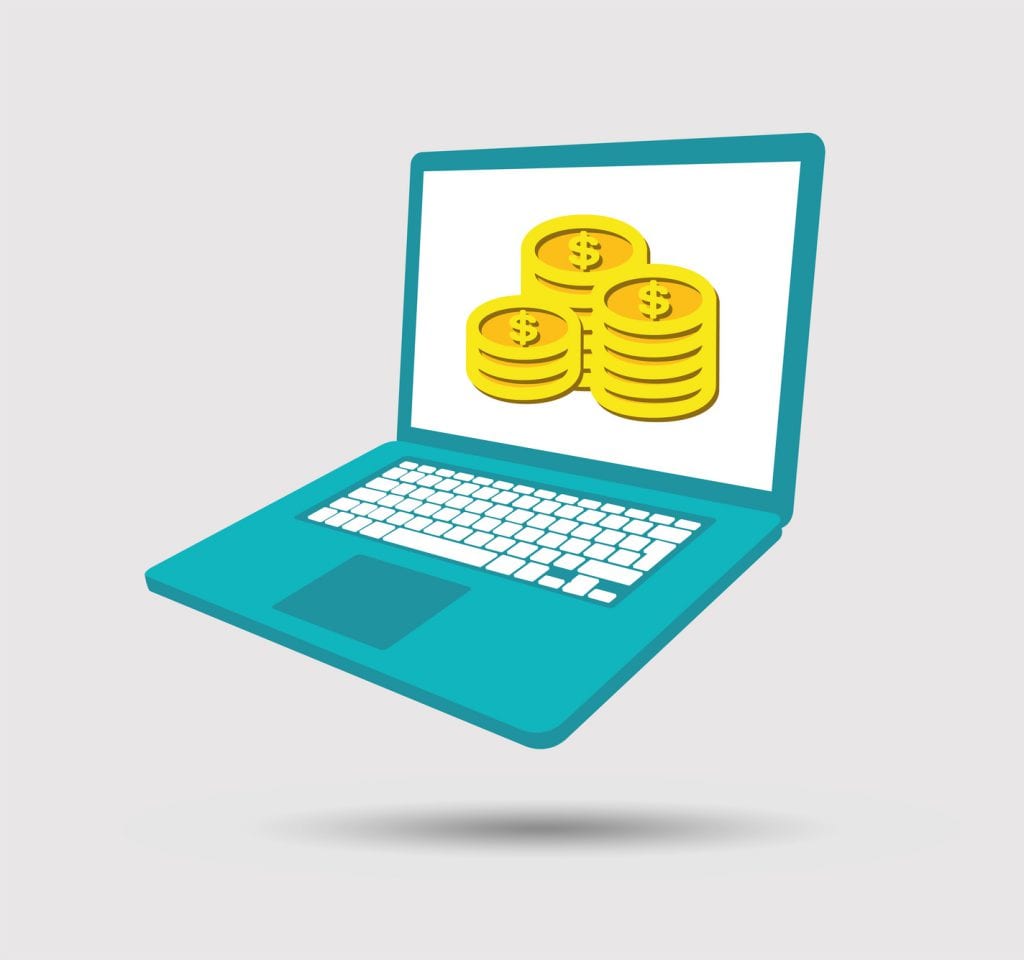It’s no secret that the digital currency market has skyrocketed in value recently, especially in comparison to traditional fiat currencies. For instance, the bitcoin exchange rate has doubled since the start of 2017, while Ethereum’s rate has grown six times over just the last three months, multiplying the returns of their investors.
In particular, digital currencies have gained significant traction in Latin America, where inflation in some countries has skyrocketed in recent years. In Venezuela, the inflation of the bolivar is expected to soar to 1,600% in 2017, making basic necessities like groceries unaffordable to many citizens. Digital payments have emerged as a timely and viable alternative to the increasing unstable bolivar by providing Venezuelans with a stable store of value for their money and ensuring secure financial transactions.
As digital currencies like bitcoin see significant price gains, governments and bureaucratic organizations are also exploring further uses of the blockchain technology underlying it. That’s because blockchain, which creates an unchangeable public record of transactions, offers both a stable store of value and ensures the security of exchanges. Major corporations like IBM and Maersk have already started exploring how blockchain can reduce costs and render business processes more efficient.
Latin American countries also stand to realize sizable benefits from the use of blockchain in general, and the banking industry is one that will likely see immediate and drastic changes as a result of this technology. A report released by the United Nations(1) in April found that blockchain can provide key advantages to incentivize banks to enter what they view as unstable Caribbean and Latin American markets. The report points to a phenomenon called “de-risking,” which is becoming more and more prevalent in the Caribbean in particular. De-risking means that banks tend to shy away from partnerships in which the cost of regulatory compliance is viewed as too high in comparison to expected returns. It especially poses problems in developing economies because it has increased the cost of doing business to the level that some banks have abandoned the Caribbean and South America altogether.
Luckily, blockchain has surfaced as a much-needed solution in an area that has suddenly found themselves without the protection of a reputable financial institution. Blockchain’s distinct advantage in Latin America is that it removes the risk that caused banks to shy away from the region in the first place, by providing a means to monitor and discover illegal transactions. It also significantly cuts down on the costs of international monetary exchanges by doing away the need for correspondent banks to conduct transactions that come from abroad. In these ways, blockchain can eliminate the steep barriers to entry for banks to do business in Latin America and thus, it can provide developing economies with the financial tools they urgently need.
Reference:
United Nations Economic Commission for Latin America and the Caribbean, ‘Prospects for blockchain-based settlement frameworks as a resolution to the threat of de-risking to Caribbean financial systems,’ http://repositorio.cepal.org/bitstream/handle/11362/41139/1/LCCAR2017_2_en.pdf
